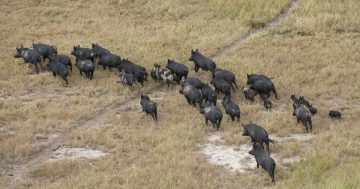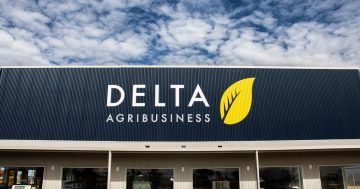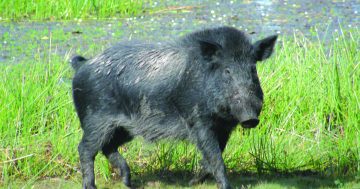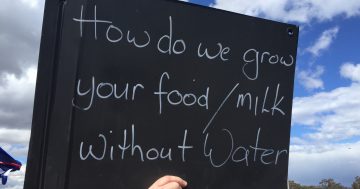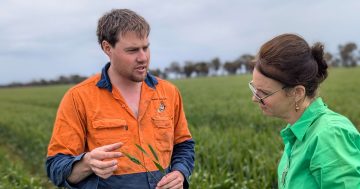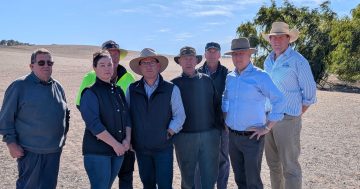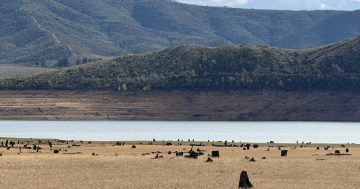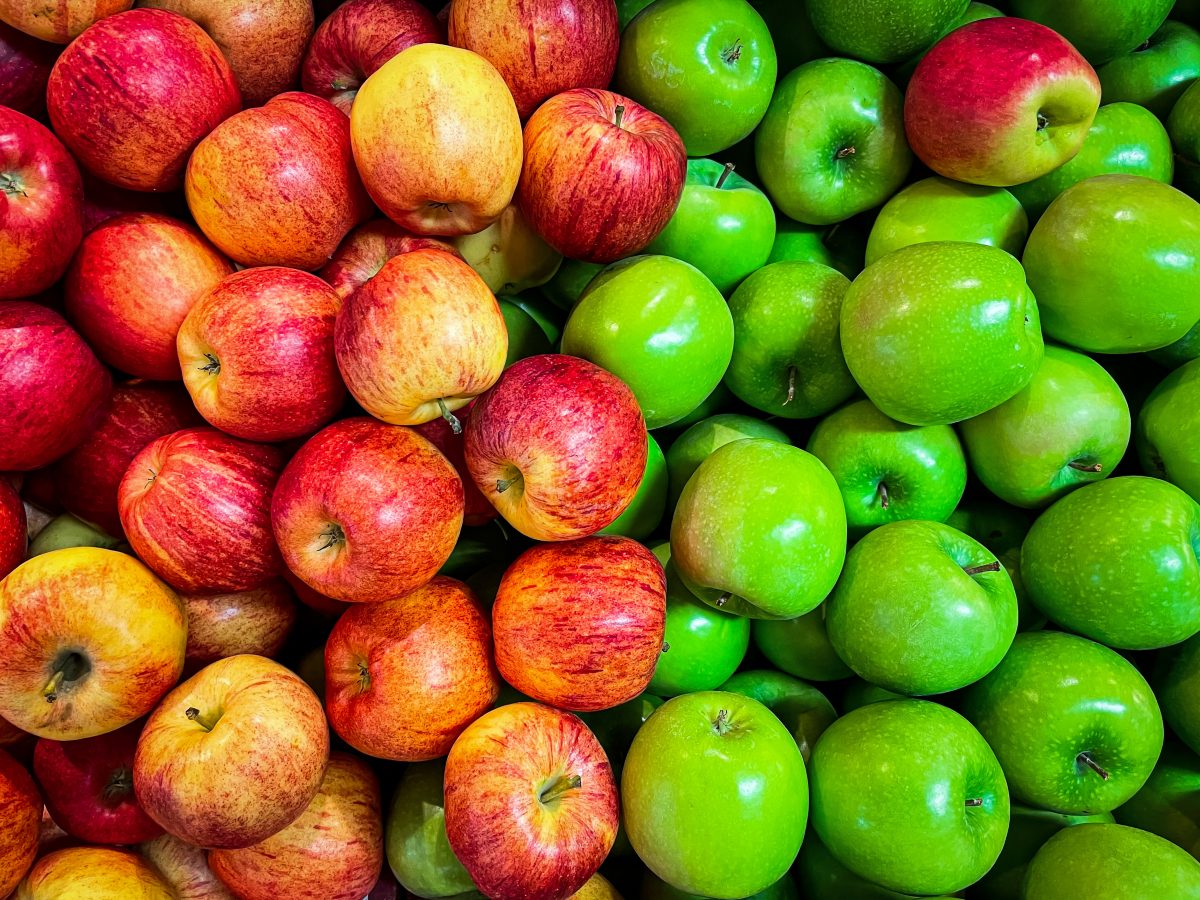
The cost of Australian apples are set to rise about 20 cents a kilogram due to new Federal Government levies imposed in this week’s budget. Photo: James Yarema/Unsplash.
The cost of a kilogram of apples will likely rise by up to 20 cents a kilogram, after the Federal Budget ramped up levies on Australian farmers this week, in a move that will cost the industry more than $150 million over three years from July 2024.
NSW Farmers’ vice-president Rebecca Reardon, a Moree farmer who also sits on the board of Grains Australia, told Region the latest Federal Budget had “a couple of good things, but generally speaking has done little to strengthen agriculture or rural communities, and done little to address food costs for consumers”.
Budget documents show that while the Government plans to spend some $198 million on a new biosecurity system, in 2023-24, then about $260 million each year for three years following, from 2024-25 and the following two fiscal years, that total will be offset by levies on the domestic agricultural sector of $153 million.
“There’s an increase in Medicare rebates in terms of trying to encourage bulk billing, and some of the apprenticeships support we’re very happy with, and the other positive, but also a negative, is the increase in biosecurity costs coming out of consolidated revenue that will be funded by the risk takers,” she said.
“But it also includes a new biosecurity levy on farmers, who are already paying emergency levies and Plant Health Australia were already paying hundreds of thousands of dollars on plant (biosecurity) threats.
“It’s extremely disappointing the Government is hitting farmers up with another levy to fund managing biosecurity threats that we’re not creating – we’re carrying an unfair burden, and we really need some other long-term funding, which is why we’ve been pushing for this container levy.”
Agriculture Minister Murray Watt said things like biosecurity were a “shared responsibility”, and under the changes, “taxpayers will contribute more, as will importers and producers will pay a modest fee through the biosecurity protection levy, meaning they will contribute just 6 per cent of the cost of biosecurity operations”.
“We will consult widely in the coming months on the best way to implement these changes by July 1 in 2024,” he said.
But Ms Reardon said NSW Farmers were also concerned that in a time of rising cost of living expenses, the new levies would simply push up the cost of Australian grown food for consumers, with the budget laying out plans to add 19 cents to a kilogram of apples, among numerous commodities.
“My other issues with this budget are the lack of investment in roads, rail and infrastructure, and they fell well short of the promised $5.5 billion and now we’ve got the State Government having to pull out of investing in Gundowan Dam out near Tamworth, and that’s going to stifle regional growth,” she said.
“To be honest, I’m not really that surprised, it’s just agriculture is such a huge contributor to the economy, yet we seem to be ignored.”
While the Government also promised a bigger spend on climate change adaptation, as part of wider commitments to move the economy to “net zero” carbon emissions by 2050, Ms Reardon said “if we want farmers to manage the land in a certain way, we need to ensure farmers are rewarded accordingly – we need to see that support”.
“And we need to see more investment in technology, there are no electric tractors around at the moment, there is no way we can operate without diesel and we need to ensure that can be paid for – most farmers want to be able to be more natural on their properties.
“Farmers are natural stewards of the land and we want to care for the land, but we also need to be able to earn a living and grow food and we need to be able to achieve carbon sequestration, so we need mechanisms to do that.
“But we need to be paid adequately and at the moment we’re falling short.”







